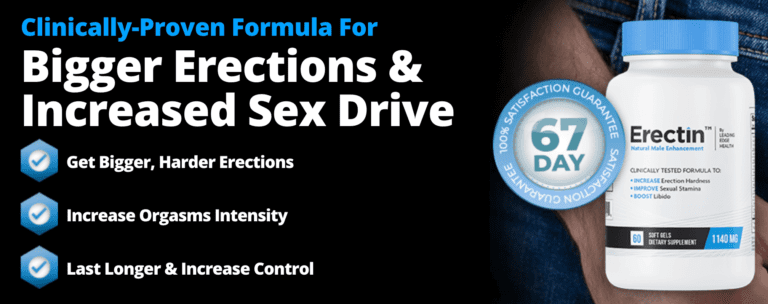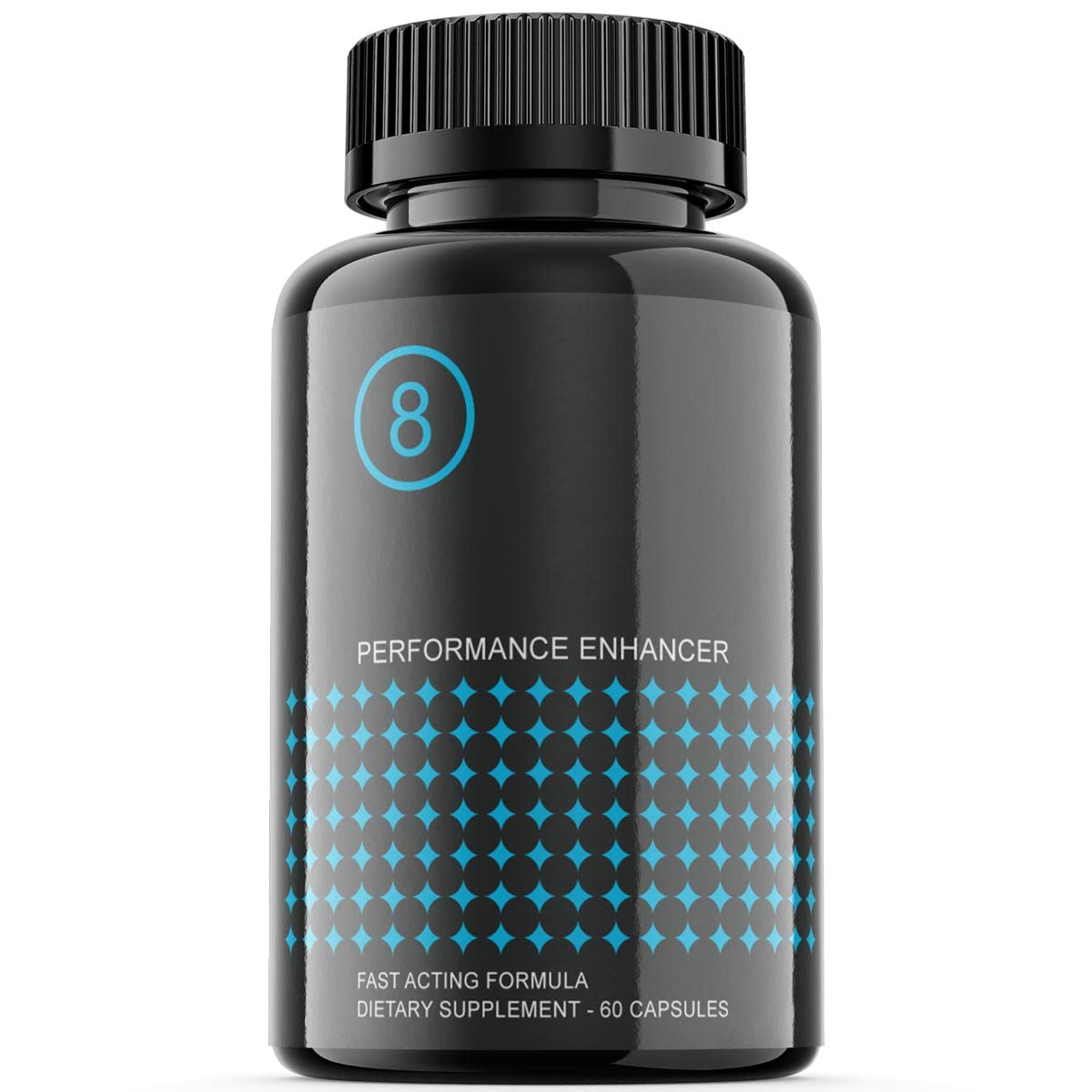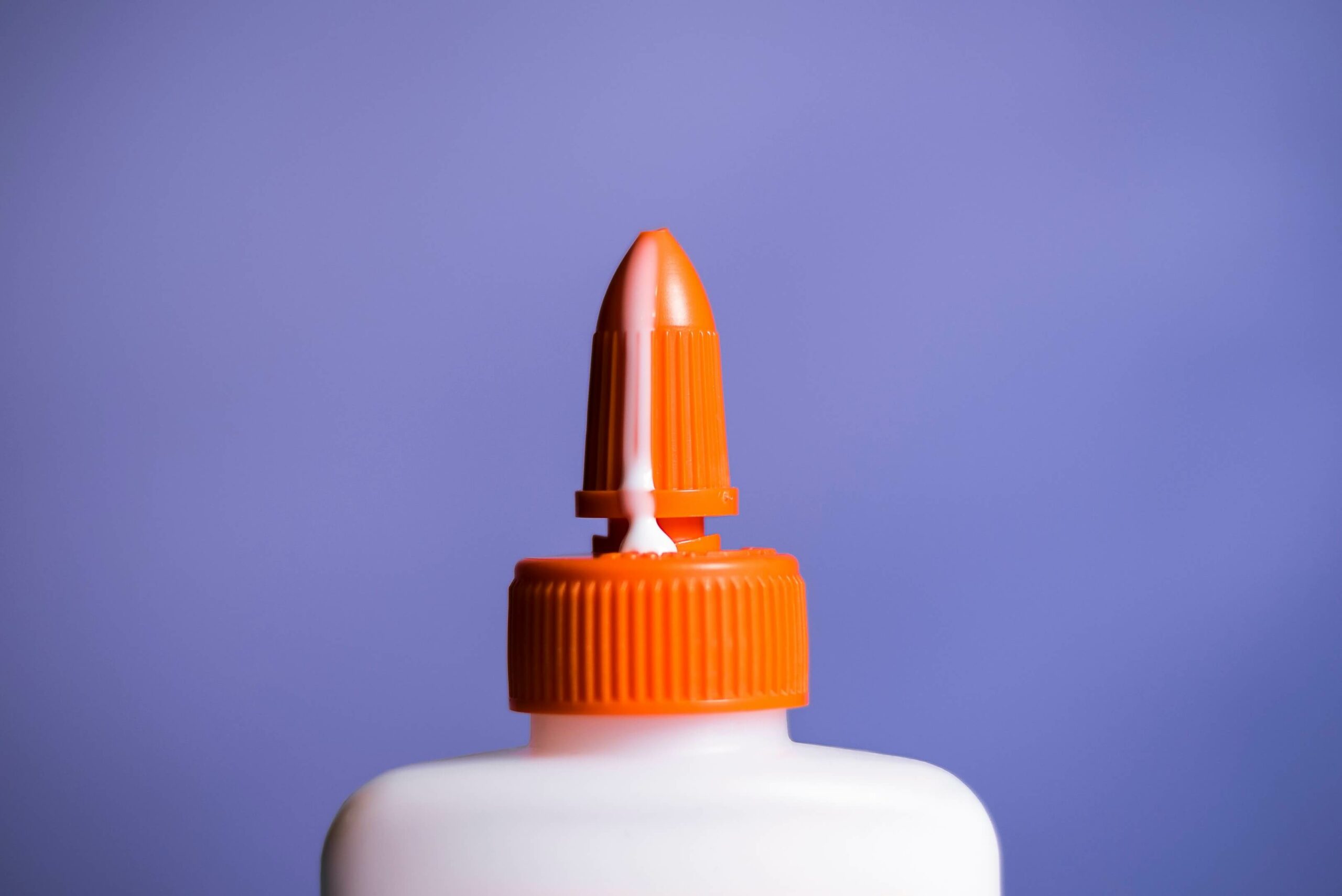Welcome to the ultimate guide on using paroxetine for premature ejaculation! If you’re reading this, then you’re probably one of the many men out there who are looking for a solution to this annoying sexual dysfunction. Don’t worry, you’re not alone!
But let’s cut to the chase – You’re here because you want answers. You want to know whether paroxetine is the right treatment for you and whether it can help you overcome this frustrating condition. Well, you’ve come to the right place! In this article, we’re going to dive deep into the world of paroxetine and its use for premature ejaculation.
But why paroxetine specifically? What are its benefits and drawbacks? And most importantly, does it actually work?
These are all valid questions, and we’re going to answer them in detail. We’ll start by explaining what paroxetine is, how it works, and why it’s considered a viable treatment option for premature ejaculation.
Then we’ll explore the research that has been done on paroxetine’s effectiveness, and what the experts have to say about its use. We’ll also discuss the potential side effects and risks associated with paroxetine, so you can make an informed decision about whether it’s right for you.
So, are you ready to learn everything there is to know about paroxetine for premature ejaculation, and how it could improve sex life? Then keep reading, because ShagLonger is about to give you the answers you’ve been looking for!


What is Paroxetine?
Paroxetine hydrochloride, commonly known by its brand name Paxil, is a medication that belongs to the selective serotonin reuptake inhibitor (SSRI) family. While it’s primarily used to treat depression, anxiety, and other mental health conditions, it’s also effective in treating premature ejaculation by delaying ejaculation.
How Does Paroxetine Work?
Paroxetine works by increasing the levels of serotonin in the brain. Serotonin is a neurotransmitter that plays a critical role in regulating mood, behavior, and sexual function.
In the brain, neurotransmitters like serotonin are responsible for transmitting signals between nerve cells. When a nerve impulse reaches the end of a nerve cell, the neurotransmitter is released into the space between nerve cells, called the synapse. The neurotransmitter then binds to specific receptors on the next nerve cell, transmitting the signal and allowing the impulse to continue along the nerve pathway.
After the neurotransmitter has completed its task, it’s typically taken back up into the nerve cell through a process called reuptake. This helps to clear the synapse and ensure that the neurotransmitter isn’t constantly stimulating the next nerve cell.
In people with mood disorders like depression and anxiety, there may be an imbalance of neurotransmitters like serotonin in the brain.
selective serotonin reuptake inhibitors like paroxetine work by inhibiting the reuptake of serotonin, allowing more of the neurotransmitter to remain in the synapse and bind to receptors on the next nerve cell.
This increases the overall level of serotonin in the brain, which can help regulate mood and alleviate symptoms of depression and anxiety.


Other Medical Uses and Benefits of Paroxetine
Paroxetine has several medical uses and benefits. It’s commonly prescribed to treat mental disorders such as major depressive disorder, generalized anxiety disorder, panic disorder, obsessive-compulsive disorder, and post-traumatic stress disorder.
It can also be used to treat hot flashes associated with menopause, as well as certain eating disorders and personality disorders. Basically, it’s a multi-talented medication that can help with a range of conditions.
So how does Paroxetine help treat premature ejaculation?
Now that we know what Paroxetine is and how it works, let’s dive into how it can help treat premature ejaculation.
Neurotransmitters are chemicals in the brain that transmit signals between neurons. One of these neurotransmitters is serotonin, which plays a crucial role in regulating mood and emotions, but neurotransmitters can also affect sexual function.
Studies have shown that men with premature ejaculation may have lower levels of serotonin in their brains, which can contribute to the condition.
This is where Paroxetine comes in. As a selective serotonin reuptake inhibitor, Paroxetine works by preventing the reuptake of serotonin, which allows it to stay in the brain for longer periods of time. This can help regulate mood and emotions, but it also has the added benefit of delaying ejaculation.
By increasing serotonin levels in the brain, Paroxetine can help delay ejaculation and improve control over the process. This can lead to longer-lasting sexual encounters and greater satisfaction for both partners.
Scientific studies
There was a study conducted between January 1996 and March 1997 to evaluate the effectiveness of paroxetine hydrochloride in treating premature ejaculation. The study involved 94 men who were suffering from premature ejaculation and were given either a daily dose of 20mg of paroxetine hydrochloride or an on-demand dose of 20mg of the same medication 3-4 hours prior to sexual activity.
After four weeks of daily administration of paroxetine, the men who had improved ejaculatory control were then treated with ‘on-demand’ paroxetine. The results showed that the medication was effective in increasing the ejaculatory latency time (ELT) from 0.4 minutes to 4.5 minutes in men who received a daily dose and to 3.9 minutes in men who received an on-demand dose.
While some men experienced adverse effects like anejaculation, inhibited orgasm, and reduced libido when taking a daily dose of paroxetine, those taking an on-demand dose did not report any adverse effects.
Overall, the study showed that paroxetine hydrochloride can be an effective treatment option to control ejaculation, whether taken on a chronic or on-demand basis
Who Should Take Paroxetine as a treatment for premature ejaculation?
While Paroxetine can be an effective treatment option for premature ejaculation, it’s not for everyone. Here are some factors to consider when deciding whether or not to take Paroxetine for premature ejaculation:
Diagnosis
First and foremost, it’s important to receive a proper diagnosis for premature ejaculation from a healthcare provider.
While it’s a common condition, there can be other underlying issues that may require different treatment approaches for example someone with lifelong premature ejaculation may need a different approach than someone looking to stop acquired premature ejaculation.
Severity
The severity of your premature ejaculation can also be a factor in determining whether or not Paroxetine is the right treatment for you. If your symptoms are mild or infrequent, Paroxetine may not be necessary. However, if your symptoms are persistent and affecting your quality of life, Paroxetine may be a viable option.
Health History
Your health history is another important factor to consider when deciding whether or not to take Paroxetine. For example, if you have a history of liver or kidney problems, Paroxetine may not be the best option for you. Similarly, if you’re taking other medications, it’s important to discuss potential interactions with your healthcare provider.


Personal Preference
Finally, it’s important to consider your personal preference when deciding whether or not to take Paroxetine. While Paroxetine can be an effective treatment, it’s not a cure, and it may not be the right approach for everyone. Some people may prefer to try other methods, such as behavioral therapy or topical anesthetics, before resorting to medication.
How to Take Paroxetine
Paroxetine is typically prescribed to be taken orally, either in a tablet or liquid form. When prescribed for premature ejaculation, paroxetine is usually taken daily, rather than on an as-needed basis. It’s important to follow your doctor’s instructions on how to take paroxetine for premature ejaculation, including dosage and duration.
The starting dose of paroxetine for premature ejaculation is typically 10-20mg daily, but your doctor may adjust the dosage as needed. It’s important to take paroxetine at the same time each day to maintain a consistent level in your bloodstream.


How long does paroxetine take to work for premature ejaculation?
As mentioned in the study earlier men who took paroxetine 3-4 hours prior to sexual activity seemed to show positive results in delayed ejaculation and improved sexual performance.
However, it’s important to note that paroxetine can take several weeks to start working for premature ejaculation. It’s important to be patient and consistent with taking the medication as prescribed, even if you don’t see immediate results.
As with any medication, it’s important to follow a doctor’s instructions when taking paroxetine for premature ejaculation.
Side effects
Like any medication, it’s important to weigh the potential benefits against the potential risks and side effects and to discuss your options with a healthcare provider before making a decision.
Common side effects of paroxetine may include drowsiness, dizziness, nausea, dry mouth, sweating, decreased sex drive, and insomnia. Some people may also experience more severe side effects such as agitation, confusion, hallucinations, and suicidal thoughts.
It’s important to report any new or worsening symptoms to your doctor immediately.
Natural solutions to premature ejaculation
If you’re not comfortable taking prescribed drugs like paroxetine for premature ejaculation, there are several natural methods you can try. Some of these methods include:
- Herbal remedies – Herbal remedies have been used for centuries to improve sexual function and may be helpful in treating premature ejaculation. Some herbs and supplements, such as ginseng, ashwagandha, and horny goat weed, have shown the potential in improving sexual function and delaying ejaculation. Performer 8 is one of the leading sexual enhancement supplements on the market today.
- Meditation and mindfulness – Meditation and mindfulness are increasingly popular practices that have been shown to have a positive impact on overall health and well-being. In addition to reducing stress and anxiety, these mental practices can be beneficial for treating premature ejaculation.
- Mindfulness involves focusing on the present moment and cultivating non-judgmental awareness of one’s thoughts, emotions, and physical sensations. It can be hugely beneficial to overcoming some psychological problems that cause sexual dysfunctions such as erectile dysfunction and premature ejaculation.
- Behavioral techniques – Behavioral techniques can be effective in helping to delay ejaculation and improve erectile function. The “stop-start technique” involves pausing sexual activity when you feel close to ejaculation, and then resuming once the feeling has passed. The “squeeze” technique involves squeezing the penis just below the head when you feel close to ejaculation, which can help to temporarily reduce sensation and delay orgasm.


These techniques require practice and patience and may be a more effective treatment of premature ejaculation when used in combination with other natural solutions, such as meditation and exercise.












